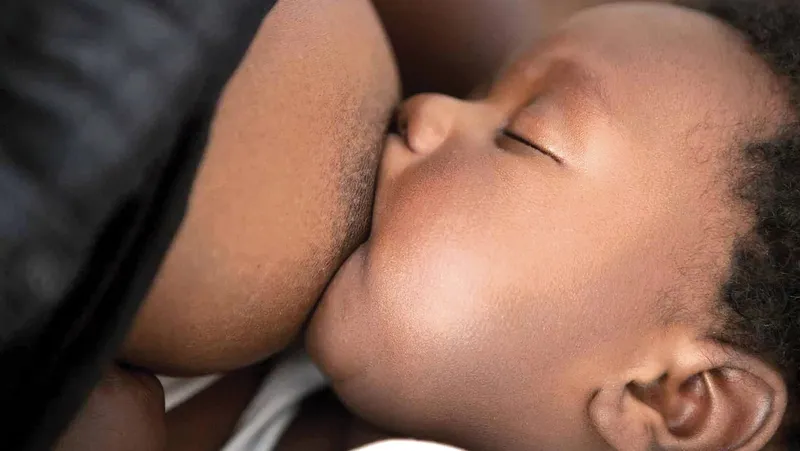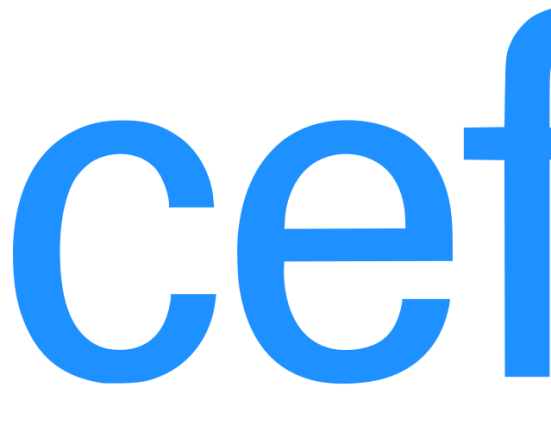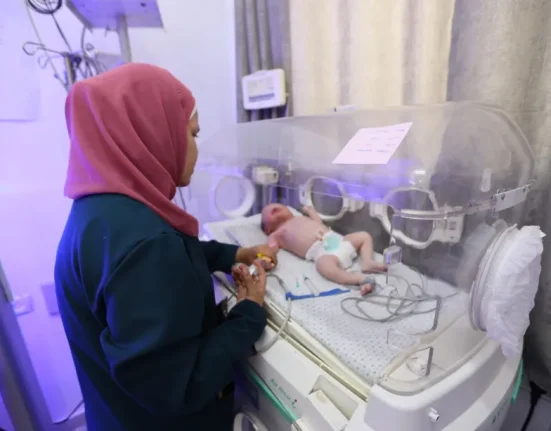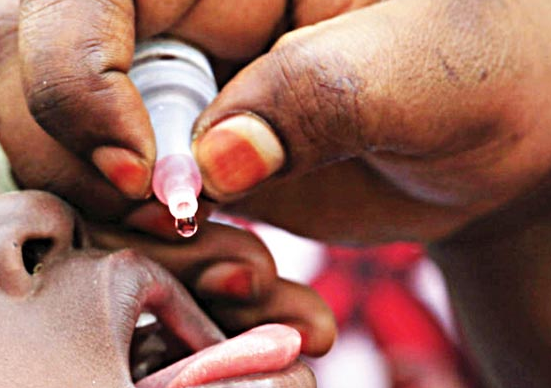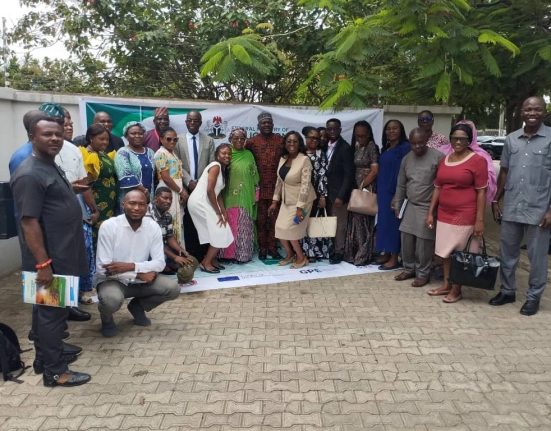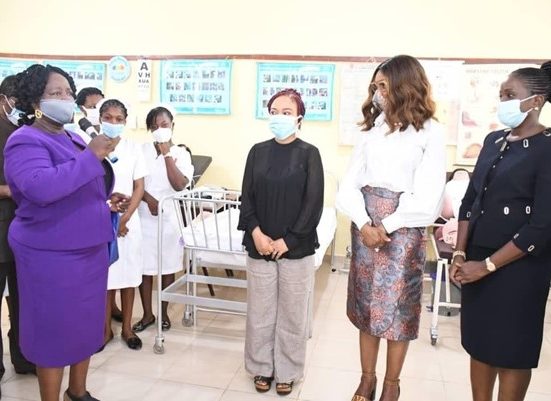The United Nations Children’s Fund (UNICEF) has raised serious concern over the low rate of exclusive breastfeeding in Nigeria, revealing that just one out of every three babies in the country is exclusively breastfed during the first six months of life. This statistic, the agency warns, falls far below global health recommendations and poses significant risks to the survival, growth, and development of Nigerian children.
Exclusive breastfeeding—defined as feeding infants only breast milk, without any additional food or drink, not even water—for the first six months, is recognized globally as a critical foundation for lifelong health. It boosts immunity, improves brain development, and drastically reduces the risk of common childhood illnesses such as pneumonia, diarrhea, and malnutrition. However, UNICEF disclosed that Nigeria’s current breastfeeding rate stands at roughly 33%, despite long-standing public health campaigns and community awareness programmes.
According to the agency, several factors continue to hinder progress in this area. These include cultural misconceptions, lack of adequate maternity protection for working mothers, limited access to breastfeeding-friendly health facilities, and poor support systems within homes and communities. In many cases, new mothers are pressured to introduce water, formula, or other foods within weeks of delivery, contrary to medical advice.
UNICEF further warned that the low uptake of exclusive breastfeeding contributes significantly to Nigeria’s high infant mortality rate. The agency reiterated that scaling up breastfeeding practices could save thousands of children’s lives annually and reduce healthcare costs associated with preventable illnesses.
While commending efforts by the Federal Government and health stakeholders to promote maternal and child nutrition, UNICEF stressed that more targeted investments, workplace policies, and public awareness campaigns are needed to create an environment that truly supports breastfeeding mothers. The agency also encouraged traditional leaders, religious institutions, and community influencers to champion breastfeeding as a shared social responsibility rather than a private struggle.
As Nigeria joins the rest of the world to mark World Breastfeeding Week, the message from UNICEF remains clear: exclusive breastfeeding is not only a right of every child but a life-saving intervention that must be protected and promoted across all levels of society.

